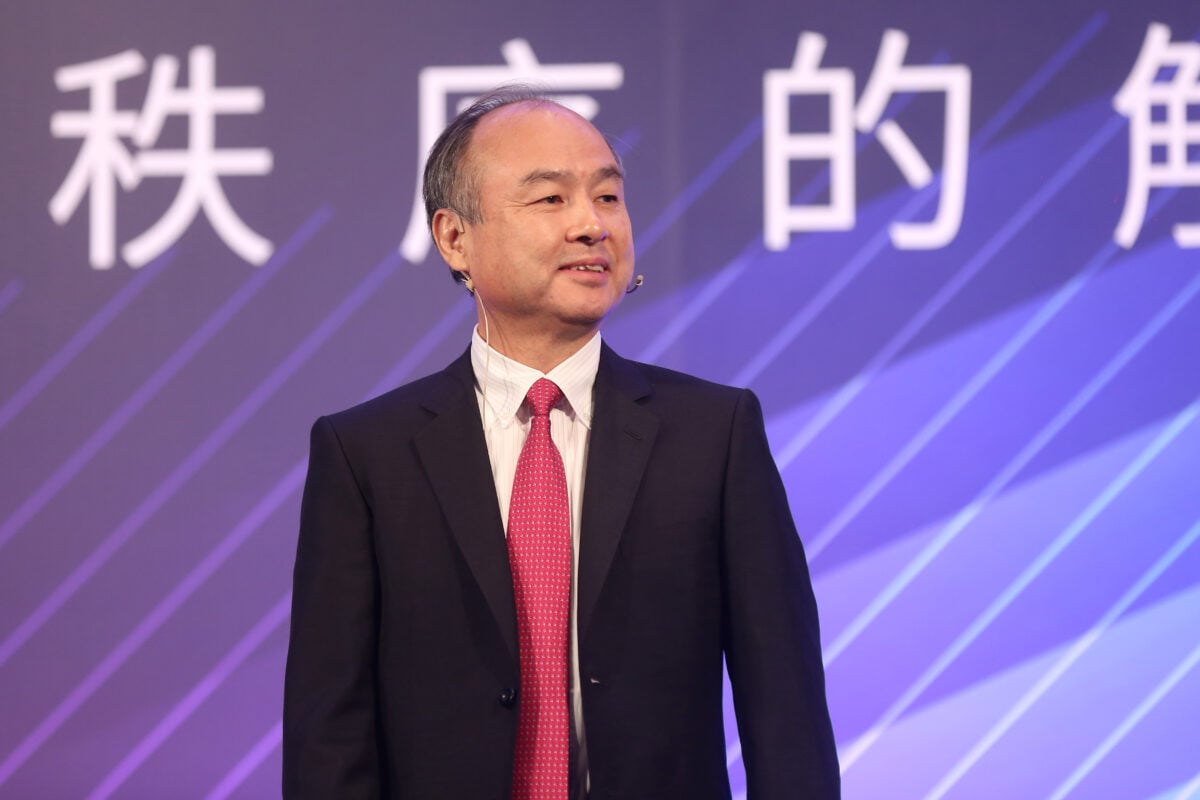TLDRs;
Contents
- SoftBank posts $2.9B Q1 profit as Nvidia and Coupang gains fuel Vision Fund returns.
- Japanese tech giant boosts Nvidia stake past $3B, adds TSMC shares to broaden AI exposure.
- Company’s market value remains 40% below asset value despite strong results, reflecting persistent investor caution.
- Expansive AI investments span chip design, manufacturing, and cloud infrastructure, but execution risks remain high.
SoftBank Corp has reported a robust net profit of 421.8 billion yen (US$2.9 billion) for the June quarter, handily beating analyst forecasts of US$1 billion.
The results were propelled by strong returns from its Vision Fund, which booked 451.4 billion yen (US$3 billion) in gains thanks to soaring valuations in holdings such as Nvidia and Coupang.
The Japanese investment powerhouse has aggressively deepened its AI-focused portfolio, increasing its Nvidia stake to over US$3 billion by the end of March 2025. The move paid off, with Nvidia’s stock jumping 46% during the quarter amid record demand for AI chips powering data centers and next-gen applications.
Strategic Expansion Beyond Nvidia
In addition to Nvidia, SoftBank has been quietly building its position in Taiwan Semiconductor Manufacturing Company (TSMC). Sources indicate that the company now holds $330 million worth of TSMC shares, further solidifying its role in the AI semiconductor supply chain.
This expansion strategy is complemented by a $170 million investment in Oracle, positioning SoftBank across critical layers of the AI value chain, from chip design (Nvidia) and manufacturing (TSMC) to cloud infrastructure (Oracle).
The company’s ambition is clear, to create a fully integrated AI ecosystem capable of capturing growth in a sector expected to hit $150 billion in semiconductor revenue in the coming years.
Market Skepticism Persists Despite Gains
Despite the upbeat earnings and strategic moves, SoftBank’s market capitalization, around $118 billion, still trades at a 40% discount to the estimated value of its underlying assets.
This so-called conglomerate discount reflects a long-standing challenge for diversified investment firms, where markets remain wary of execution risks and portfolio complexity.
The Vision Fund monetized nearly $2 billion in assets in the first half of 2025, signaling SoftBank’s ability to unlock value. Yet, investors remain cautious, particularly about the firm’s ability to juggle multiple billion-dollar projects such as its Stargate AI data center while navigating global economic uncertainty.
AI Push Aligns With Global Trends
SoftBank’s aggressive AI strategy comes as global demand for semiconductors and AI infrastructure intensifies.
A recent US-Japan trade agreement includes a $550 billion program encouraging Japanese firms to invest in US manufacturing, a move that directly supports SoftBank’s long-term vision.
The company’s broad AI positioning could prove a competitive advantage if it can manage the capital and operational demands of scaling such projects. However, with rising interest rates and economic headwinds, the path forward will require precise execution.


